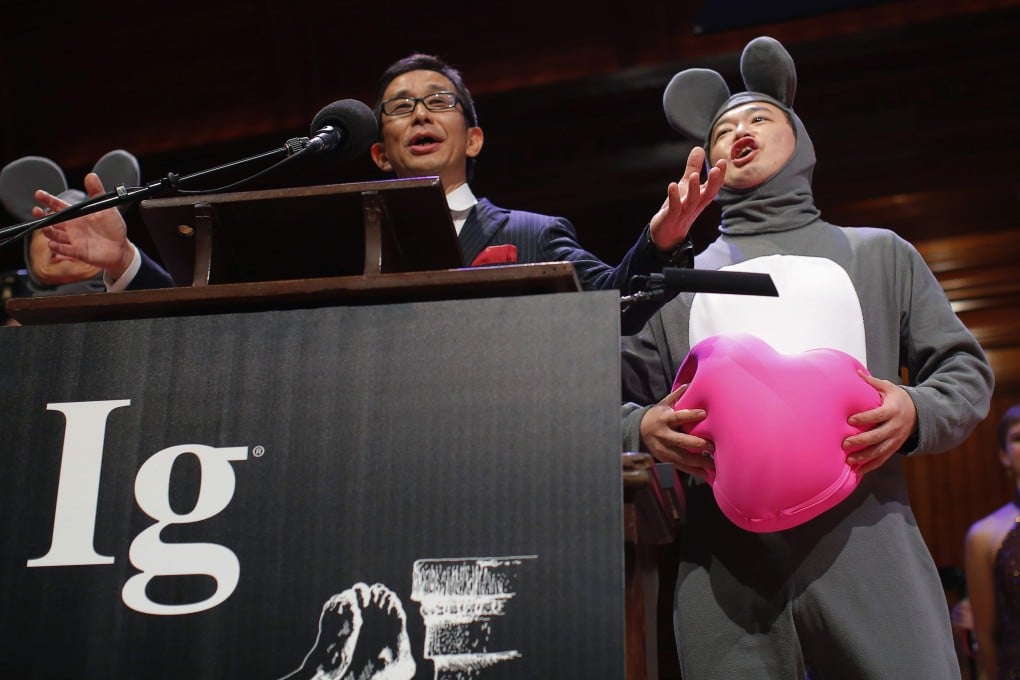Dung beetles star billing at alternative Ig Nobels
Discovery that insects use the Milky Way to rollballs of excrement in straight line is honoured

Stargazing dung beetles, mice that survive for longer after heart surgery when they listen to opera, and whether or not you could walk on water on other planets - all of them are serious scientific questions that researchers sweated over for years.
And their hard work was honoured on Thursday with possibly one of the most sought-after nods from their scientific peers - an Ig Nobel prize.
This is the 23rd year of the awards, a spoof of the Nobel prizes, which will be announced next month. The 10 prizes, organised by the humour magazine Annals of Improbable Research and awarded at Harvard University, honour achievements that "first make people laugh, and then make them think".
The joint astronomy and biology prize went to Eric Warrant's team at the University of Lund for their discovery that dung beetles navigate using the stars. They had been studying the beetles' ability to roll their balls of dung in straight lines, apparently by using the moon as a guide .
"But one night was moonless, yet we noticed the beetles could still orient in straight lines," said Warrant. "At first we were worried our previous experiments using the moon were wrong.
"But then we saw the broad stripe of light that is the Milky Way and realised they might be using this as a compass cue. This, it turns out, was the case."
Masanori Niimi, of Teikyo University in Tokyo, won the medicine prize for his finding that mice given heart transplants survived longer when they listened to particular music.